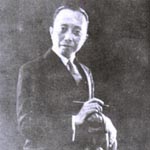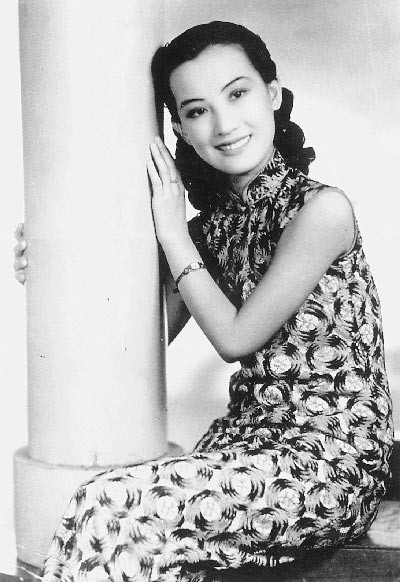
Popular Music
Chinese pop music, generally known as liuxing yinyue (early popular music) or liuxing gequ (popular songs) has a fascinating story in China. Initially fashionable during the 1920s and 1930s in some metropolitan cities, mostly Shanghai, it was performed mainly in dance halls, nightclubs, and movies, and combined aspects of big band Western jazz and Hollywood film songs with Chinese pentatonic folk song melodies sung in Mandarin Chinese. Some scholars consider those Mandarin popular songs as the earliest examples of popular music developed in China (Lau, 2008). Around this time, Western record companies such as Pathé Records, EMI, and RCA-Victor started producing 78 rpm vinyl phonograph recordings first for local and regional consumption (Jones, 2001), but then for larger distribution as the record industry flourished in Hong Kong and Taiwan (Lau, 2008).

Li Jinhui considered by many to be the father of Chinese popular music.
Early figures of Chinese popular music include the producer, composer, and songwriter Li Jinhui (1891-1967), often dubbed as the "Father of Chinese popular music," and the singer/actress Zhou Xuan (1918-1957), nicknamed the "Golden Voice," who by the 1940s had become one of China's Seven Great Singing Stars-a group of female singers that dominated the Chinese pop industry in the 1930s and 1940s, and played a prominent role in developing the Chinese cinema.





Linguistic tone is crucial to understanding spoken Chinese: the sound 'da' could mean either 'big' or 'to beat' (among other meanings) depending on its pitch and contour.






